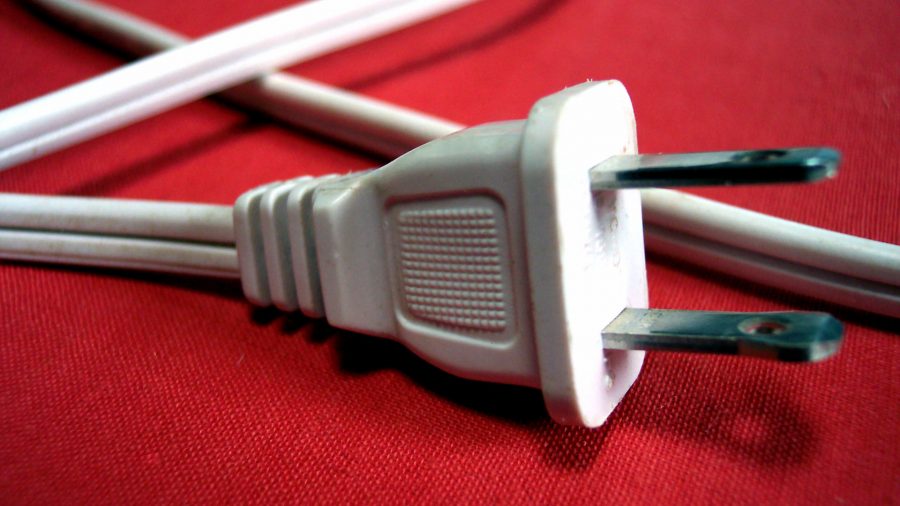The chances of seeing a hybrid in Australia are still quite slim. Only 4,000 hybrid vehicles are on our roads, a mere 0.1% of new vehicle sales. Kiwis are already driving that same number of hybrids, even though their population is a fifth of ours. What is holding us back?
First of all, we don’t know what they are. Second, they seem too expensive anyway.
What is a hybrid?
It is not surprising people are confused; there is no single type of hybrid:
- A petrol hybrid runs on petrol 99% of the time supplemented by an electric motor or two for short distances only
- A plug-in hybrid is like a petrol hybrid but has a battery pack and the ability to be charged at an outlet. It can go more than 30km on battery electric power
- Plug-in hybrid electric vehicle (PHEV) can be used as a petrol or electric vehicle. It can be an electric-only vehicle relying its battery, or an EV with a petrol engine and regenerative braking, which tops up the battery when you brake or stop accelerating.
Meanwhile, a fully-electric car is not a hybrid. It has no petrol motor and uses electric motors to draw energy from a battery pack for up to 400kms before needing a recharge. For example, a Tesla or Nissan LEAF is fully electric.
Choice
Australian buyers do not have anywhere near the choices of hybrids they are accustomed to with petrol cars. Buyers may not get all the standard features they normally expect. There are 100 models around the world but only 16 models of hybrid or EV are available here, such as the Toyota Prius and Camry, Mitsubishi Outlander and Volvo T8 XC60.
Far more important to most buyers is the price.
Price
Unfortunately, 13 of these vehicles in Australia are over $60,000. This puts them well out of reach of most buyers. It could be 2025 before the price of electric and conventional vehicles converges, says Bloomberg Energy Finance.
Even so, people forget to consider how much it costs to run a hybrid when they ask about price. They don’t think about their weekly budget. Yet fuel is a third of the price for a 300kms journey in a petrol car. Or a driver paying $30 a day on petrol would see their bill drop to about $20 in a hybrid.
Then again it must depend on the type of hybrid and how often the vehicle is in petrol mode. PHEVs, for example, are far more practical for fuel consumption than the other hybrids.
Range
Range anxiety is another common fear. There are far more petrol stations than there are electric recharging points. Even though, say, Chevrolet and Renault cars can travel around 350kms without recharge, drivers still need to know there is a charging point.
Usually, you can use a normal socket with adaptor to plug in a car but it can take about 5 hours. It is easy to charge a vehicle overnight (just like your mobile phone), but this is more difficult when travelling. The current dearth of recharging points in Australia is a big contributor to range anxiety.
Infrastructure
Currently, there are 476 public charging stations in Australia. The Queensland government put in place the first charging stations along its “electric superhighway” down the coast and west to Brisbane. Now NRMA and Tesla and others are putting in more infrastructure to encourage motorists to buy hybrids and EVs.
Any big increase in the number of electric vehicles could put a strain on the supply of electricity from the grid. Especially as most will be charged at home and people will want to be able to access off-peak power. This is a potential problem for authorities to address.
Time to buy one?
Many people argue there are few incentives to buy hybrids or EVs, especially compared to those available in other countries. However, the federal government does discount the luxury car tax threshold for low emission vehicles, offers carbon credit units to fleets to buy EVs, and funds programs to purchase EVs.
At the same time, owners of hybrids pay very little fuel excise. So there may be some resistance to promoting a product that removes that source of income.
Insurance for hybrids and conventional cars is much the same and there is no obvious difference in CTP prices. It is early days and there may not yet be a clear risk profile for hybrid vehicles and their owners. You can find the cheapest price for your hybrid or other vehicle here.
Read more: Electric vehicles are humming right now.


your opinion matters: